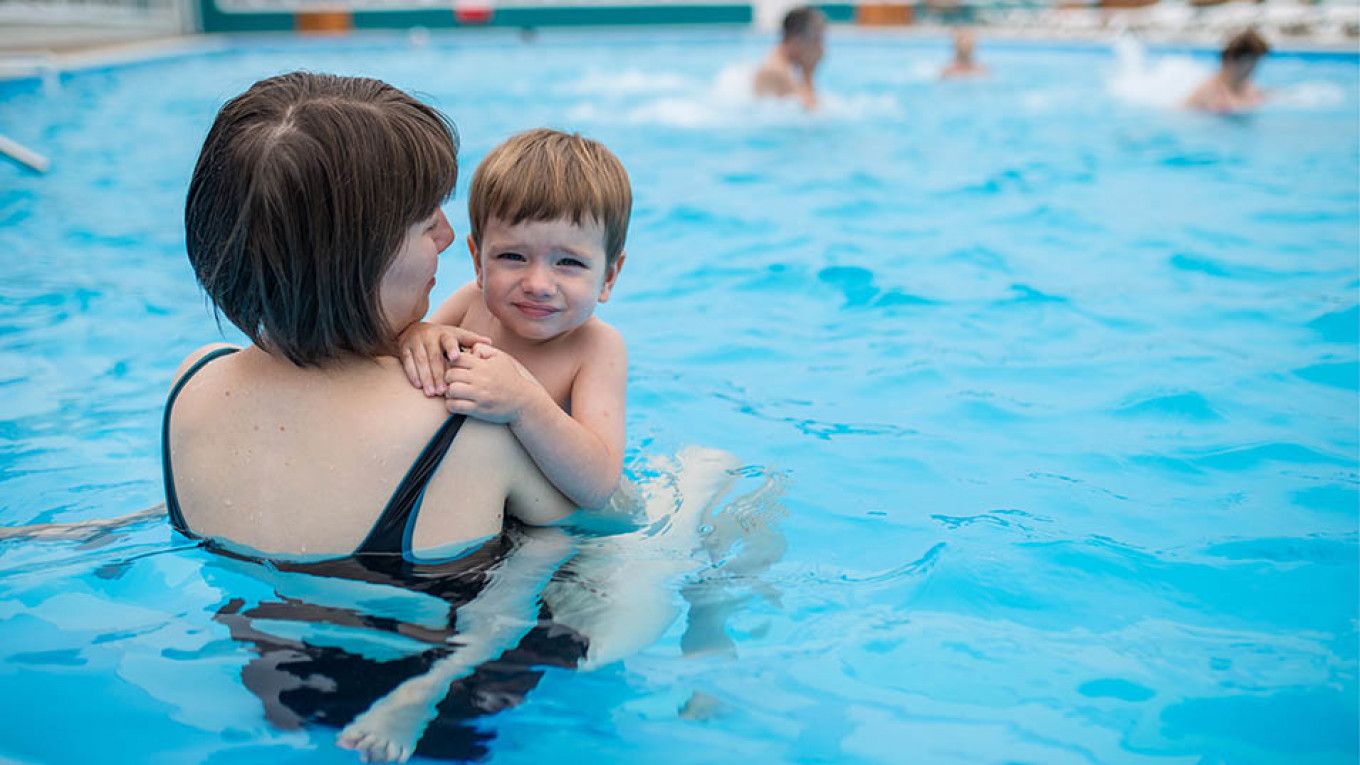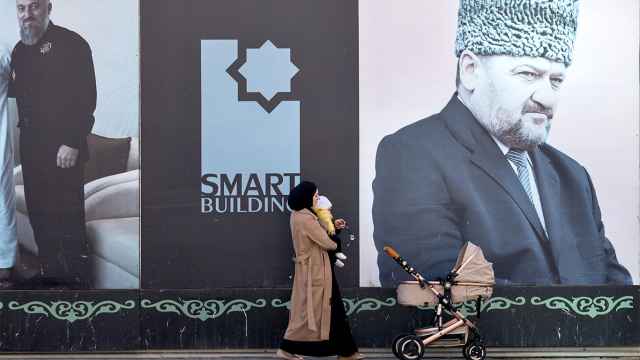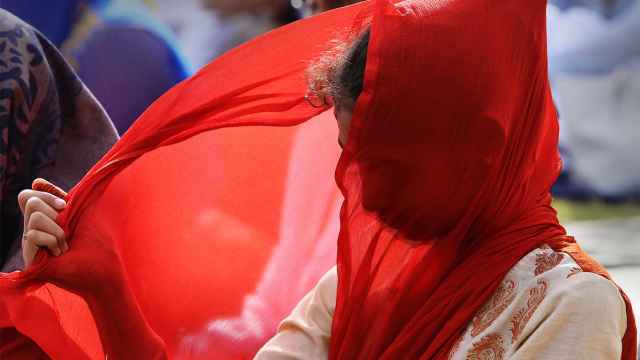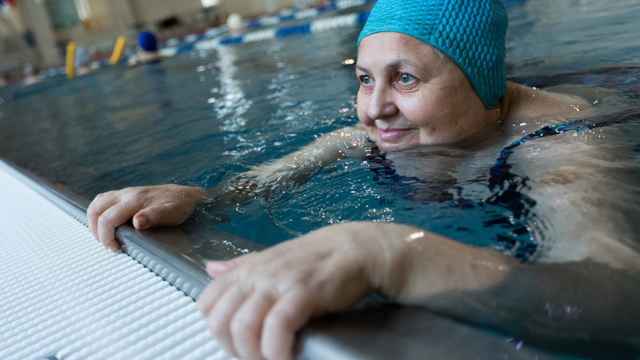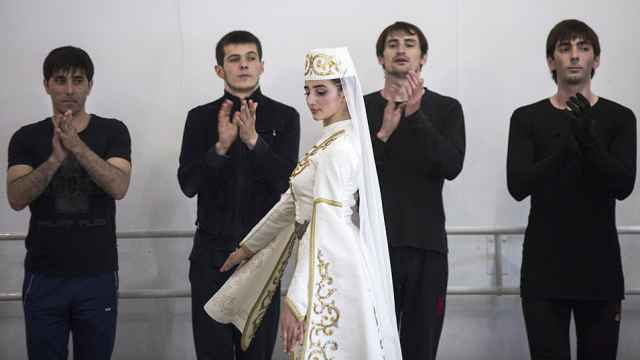A swimming pool in southern Russia has banned women without explanation, according to its announcement published by the popular listings magazine Afisha on Monday.
The Anzhi Arena spa in Russia’s republic of Dagestan did not say what prompted the abrupt rule change. Afisha reported that a different public pool in the Dagestani city of Makhachkala had turned away a female visitor in 2011 because other clientele were “embarrassed by the presence of half-naked women.”
“Pool attendance is for men only starting Jan. 20,” the curt message reads on the Anzhi Arena spa’s now-private Instagram page.
Afisha provided a screenshot of the post, which had gained 158 “likes” and no comments.
The spa later switched its Instagram page to private, limiting access to its 6,000 followers.
It is common in the North Caucasus region to find sports facilities offering men and women access on separate days of the week. But a complete ban on women using the pool goes against the Russian constitution, activists said.
Fatima Abdulkhalimova, 31, said she could no longer use the pool despite working there as an instructor.
"I do demonstrations, show people the correct technique, and now I'm not allowed to enter the water," Abdulkhalimova, a former professional swimmer, said.
"I think it's to do with religion, I believe it is because a lot of religious guys come here," she said.
Access to the pool had initially been permitted for both men and women, she said, before being restricted to Fridays only for women.
If having women-only days was not financially viable, then why not simply return to the earlier, mixed-gender system, Abdulkhalimova questioned.
Three women from Dagestan have now filed a complaint to the regional Prosecutor's Office accusing the sports complex of unconstitutional gender-based discrimination, a copy of the document, shared by Olga Gnezdilova, a lawyer with the Rights Initiative Project, showed.
Anzhi Arena described its 50-meter swimming pool as the North Caucasus region’s largest when it opened in the summer of 2019.
Human rights groups have for years criticized women’s rights violations in the region, which local authorities dismiss as a misunderstanding of local traditions.
Reuters contributed reporting.
A Message from The Moscow Times:
Dear readers,
We are facing unprecedented challenges. Russia's Prosecutor General's Office has designated The Moscow Times as an "undesirable" organization, criminalizing our work and putting our staff at risk of prosecution. This follows our earlier unjust labeling as a "foreign agent."
These actions are direct attempts to silence independent journalism in Russia. The authorities claim our work "discredits the decisions of the Russian leadership." We see things differently: we strive to provide accurate, unbiased reporting on Russia.
We, the journalists of The Moscow Times, refuse to be silenced. But to continue our work, we need your help.
Your support, no matter how small, makes a world of difference. If you can, please support us monthly starting from just $2. It's quick to set up, and every contribution makes a significant impact.
By supporting The Moscow Times, you're defending open, independent journalism in the face of repression. Thank you for standing with us.
Remind me later.


